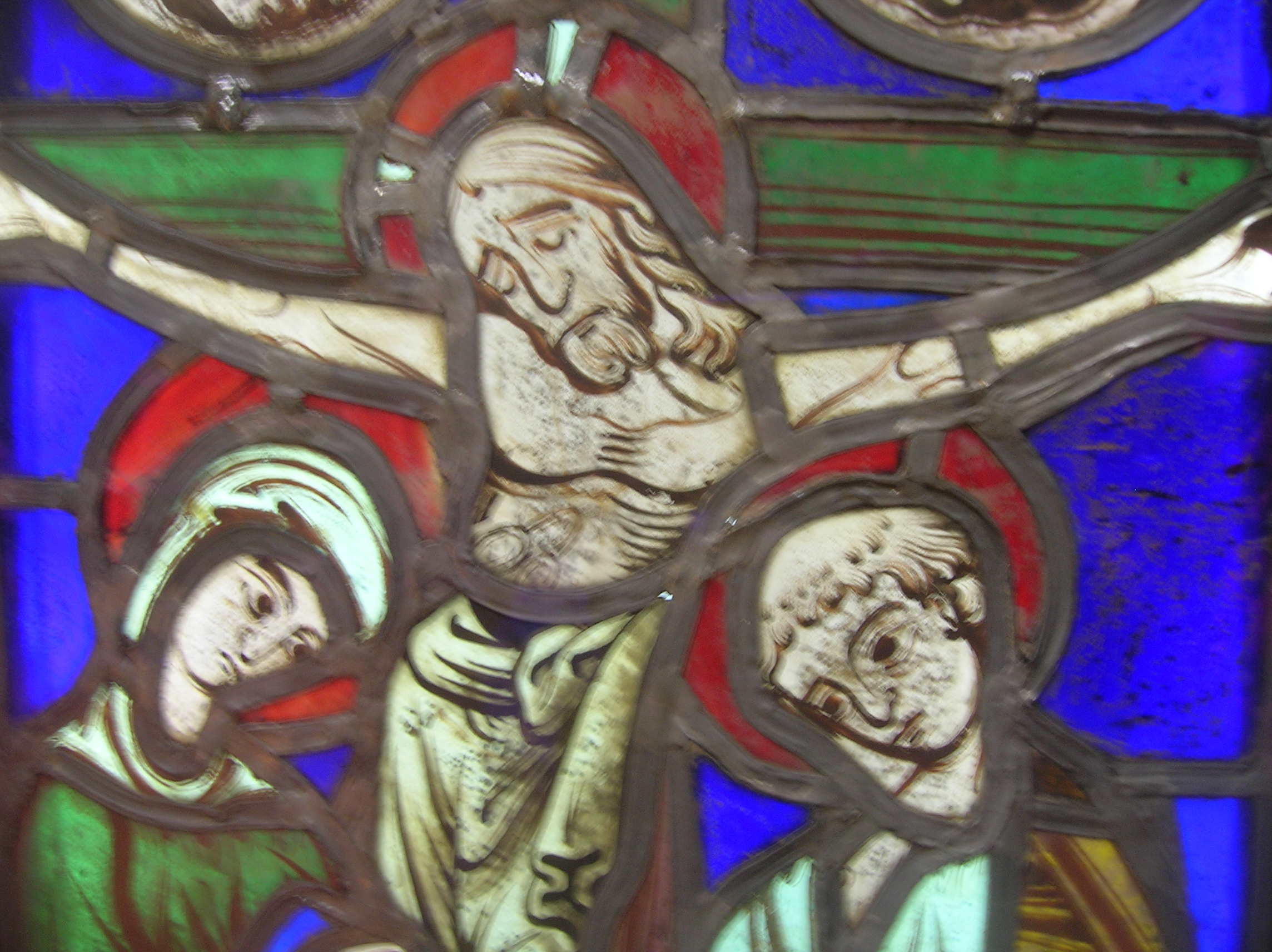I’m sympathetic with some of the Open Theism literature I’ve read, so I find Greg Boyd’s comments on a confused theory of knowledge inherited from the ancients interesting. His conclusion seems reasonable.
Once we abandon the ancient view of seeing and knowing as active processes, it becomes clear that God’s knowledge is perfect if, and only if , it perfectly conforms to the nature of what is known. So if possibilities are real, then God’s knowledge is perfect if, and only if, God knows them as possibilities. Contrary to what Roy and Erickson claim, open theists affirm that God always knows everything perfectly. It’s just that we have reason to believe a partly open future is part of what God perfectly knows.
But I don’t think I want to jump so quickly to the conclusion that I (we humans) can understand God’s ways of knowing and relating to the events of time so easily.
The ancient mistake, stemming from Plato, was that seeing, and knowing, based as it is on seeing, is an active process. Boyd explain,
Plato argued that we see not by light entering our eyes (as we now know is the case) but by light proceeding out of our eyes (Timaeus 45b). For Plato, seeing is an active, not a passive, process. Since knowledge was considered to be a kind of seeing, Plato also construed knowing as acting on something rather than being acted upon (Sophist 248-49). I’ve discovered that this mistaken view of seeing and knowing is picked up and defended by a host of Hellenistic philosophers. (As an aside, Jesus seems to have capitalized on this mistaken view of eyesight to illustrate a point [Mt 6:22; Lk 11:34]).
So let’s imagine Plato is wrong. Seeing – and knowing – is not a purely active process. Is it then passive? Boyd doesn’t say it is, but in spite of a qualification – when the wrong way is described as “wholly active,” one retains the possibility of being “partially” active.
Difficulty comes in the fact that seeing, perceiving and knowing is not ever simply seeing, perceiving, and knowing – at least not when it matters to us. We see as, we perceive as, and we know as. Our knowledge – and perhaps God’s knowledge – becomes functional for us when we can make it intelligible, i.e., fit it into a context where that which we see/perceive/know can make sense. This ability to see or know as strikes me as an active process of engaging with the larger contexts of our experience. I have no trouble saying that God’s knowledge and perception of these contexts is just like God’s knowledge and perception of anything else: perfect.
Is God’s knowledge therefore causative, as some of Plato’s heirs thought? No, I think Boyd is right here. God knows the possible actions of free agents. Of course, being a free agent, God is able to determine events by means of action.
